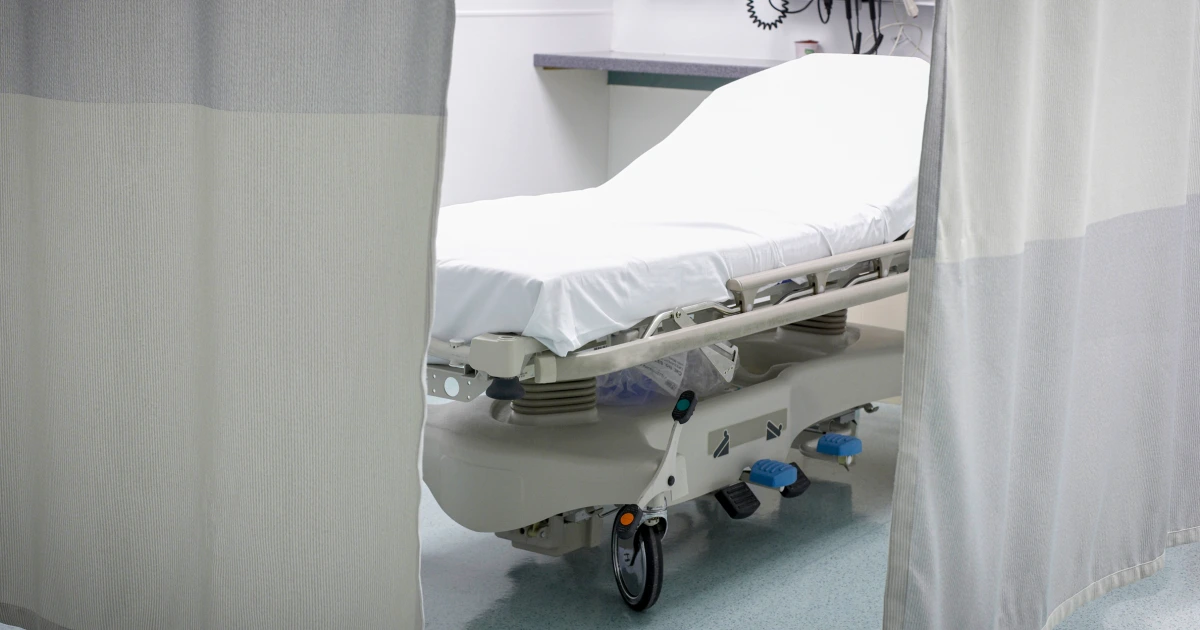
After hospitals were acquired by private equity firms, patient death rates in the emergency departments rose by 13% compared with similar hospitals, according to research published this week in Annals of Internal Medicine.
The research, which compared outcomes at hospitals over a 10-year period, adds fresh evidence to previous studies showing harmful patient outcomes and higher costs among health care entities owned by profit-oriented financiers.
The increased deaths in emergency departments at private equity-owned hospitals are most likely the result of reduced staffing levels after the acquisitions, which the study also measured, said Dr. Zirui Song, a co-author and associate professor of health care policy and medicine at Harvard Medical School.
After hospitals were acquired by private equity, the number of full-time employees fell by an average 11.6% compared with non-private equity facilities, the research found, and salary expenditures in the emergency departments and intensive care units declined by 18% and 16%, respectively.
“Most hospital care in the country remains a face-to-face, human, labor-intensive endeavor, especially in emergency departments and ICUs,” Song said in an interview. “When human labor is cut to this extent in staffing sensitive areas of the hospital, patient harm can plausibly ensue, including mortality.”
The new study analyzed 1 million emergency department visits by Medicare patients at 49 private equity-owned hospitals from 2009 through 2019. The researchers compared the outcomes of those visits with more than 6 million visits at 293 matched hospitals — those of similar size and location — not acquired by private equity.
The study’s co-authors, in addition to Song, are José R. Zubizarreta of Harvard University, Dr. Sneha Kannan of the University of Pittsburgh, Joseph Dov Bruch of the University of Chicago and Dr. Jennifer Stevens, director of the Center for Healthcare Delivery Science at Beth Israel Deaconess Medical Center in Boston.
Song said the new research differed from previous studies on private equity’s impact, which focused on patients who were admitted to the hospital.
“There are far more patients who come into the emergency department than patients who are actually admitted into the wards of the hospital,” Song said, “so this study looks at a patient population that had not been examined in great depth before.”
Private equity firms are sophisticated financial operators that buy companies, typically loading them with large amounts of debt to pay for the acquisitions. The firms hope to sell the companies for profit a few years later.
The private equity industry has poured over $1 trillion into health care companies in recent years. Health care has been a focus of the financiers because it accounts for 18% of gross domestic product in the United States.
Because their acquisitions add debt costs to the companies they buy, those operations must cut other expenses to offset the burden. Employees are often the first to be fired, and costs are often increased to generate higher profits. Some hospitals owned by private-equity firms sell the land under their buildings, enriching the owners but saddling the facilities with higher rent costs.
Dr. Robert McNamara, chairman of the department of emergency medicine at Temple University’s Lewis Katz School of Medicine, said the new research confirms what doctors in the field have long complained about: being stretched too thin by private equity owners.
“When private equity comes in, they try to jack up the revenues and then, when that reaches an end point, they start slashing expenses,” McNamara said in an interview. “Instead of people just losing their jobs, you have bad patient outcomes here. Less staff equals worse outcomes.”
The new research on increased deaths in emergency departments at private equity-owned hospitals aligns with a 2021 study that found 11% higher mortality rates at nursing homes owned by private equity. That study, by academics at New York University, the University of Chicago and the University of Pennsylvania, concluded that lower nursing staffs and declines in compliance with care standards contributed to the increased deaths at financier-owned homes.



